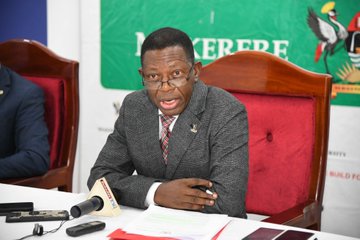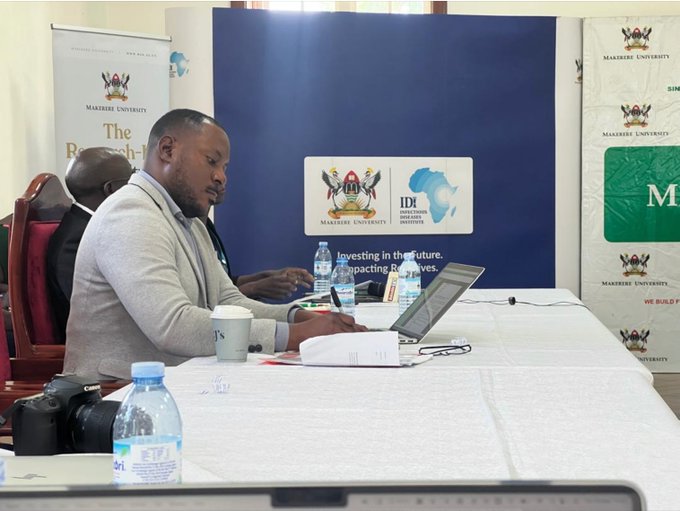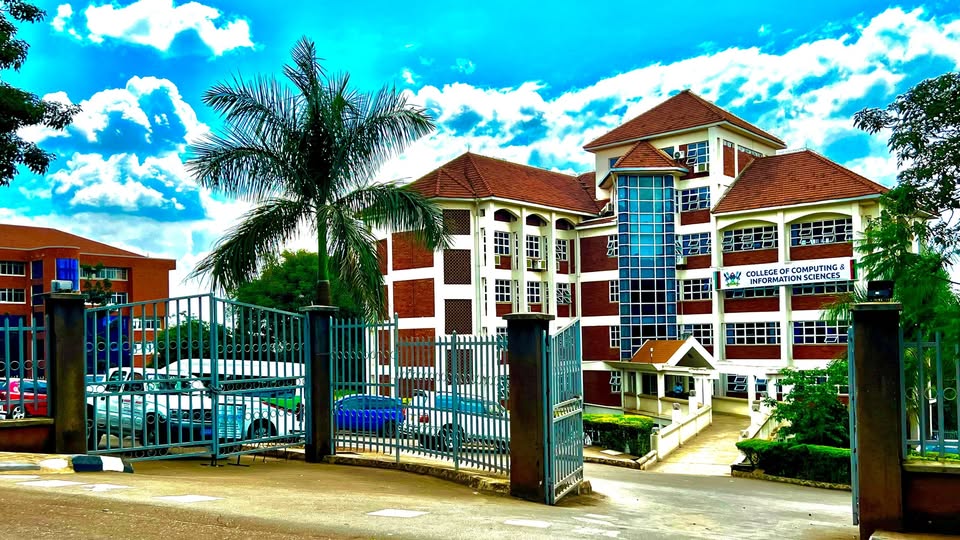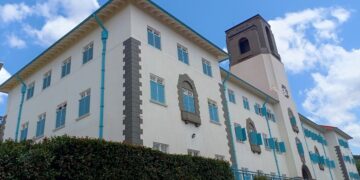Makerere University has officially launched a cutting-edge Artificial Intelligence (AI) Laboratory at the College of Computing and Information Sciences (CoCIS), marking a significant milestone in the institution’s journey toward becoming a research-led and globally relevant university.
The announcement was made on Thursday during a press conference by the Acting Vice Chancellor, Professor Buyinza Mukadasi.
The new AI Laboratory is designed to develop AI-enabled solutions tailored to address Uganda’s socio-economic challenges. Among the key projects are assistive eLearning tools for students with disabilities and context-sensitive curriculum development aimed at enhancing the quality and accessibility of education.

Prof Mukadasi emphasised the transformative potential of AI in education and beyond, stating, “This is not about replacing human intelligence — far from it. AI will enhance our teaching and learning, providing convenience and timely feedback without displacing the human element. For instance, even government responses can now be accessed digitally without physical movement, improving efficiency while fostering inclusion.”
He further described the AI initiatives as revolutionary for the university’s teaching and learning processes. “This will help teachers better assess student performance and provide timely results. We believe it will spark a revolution, especially at the university level.”
Following the Vice Chancellor’s remarks, Mugabe Samuel, Chief ICT Officer at Makerere’s Directorate of ICT Support, elaborated on the AI projects emerging from the new lab.

“During our recent visit to the lab, we saw impressive local AI innovations focused on inclusion, especially for learners with auditory and visual impairments. These locally developed tools reduce reliance on expensive foreign technologies, saving costs and building Uganda’s capacity in this critical field,” said Mugabe.
He highlighted the integration of multimedia studios across five of Makerere’s ten colleges, equipped to capture and deliver high-quality educational content remotely. “This supports diverse learners, allowing them to study at their own pace and according to their unique needs, including those with disabilities,” Mugabe added.
Looking ahead, the team is working on developing localised AI models that reflect Ugandan contexts, aiming to impact not only university education but also broader societal challenges, particularly in southwestern Uganda and other communities.
“These initiatives demonstrate the practical benefits of AI in education and beyond, positioning Makerere University at the forefront of the Fourth Industrial Revolution in Africa,” Mugabe concluded.

The AI Laboratory launch reflects Makerere University’s commitment to innovation, inclusion, and the development of homegrown solutions that serve both the academic community and the nation at large.











